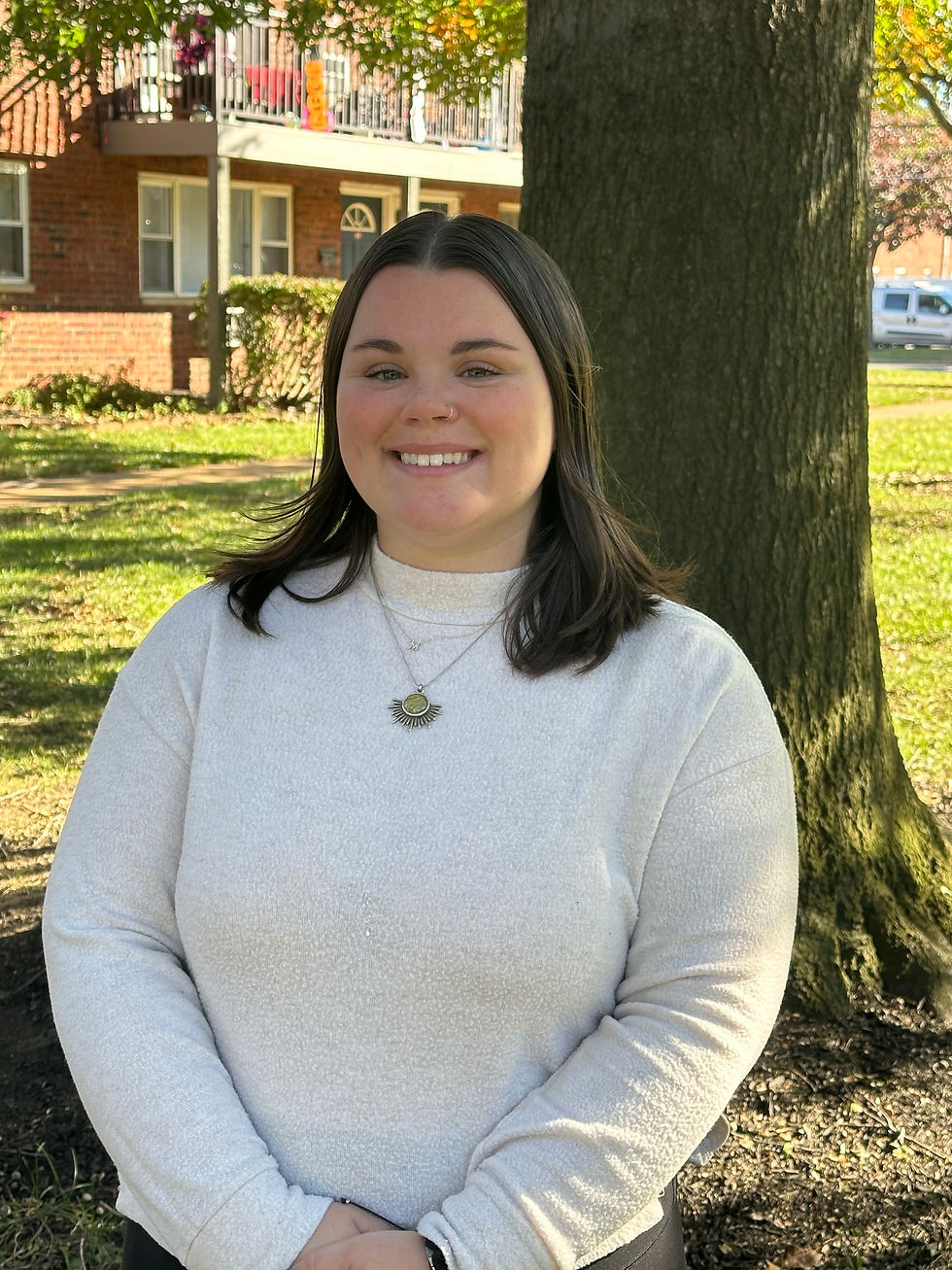September is National Recovery Month
- Wildflower

- Sep 18, 2020
- 2 min read

The purpose of National Recovery Month is to highlight aspects of recovery from substance use disorders - to celebrate people in the process of recovery; recognize those who provide support including friends, family and treatment providers; and promote the message that recovery is possible. Behavioral and mental health are essential aspects of overall wellbeing, and treatment can play an important role in the recovery process.
The 2020 National Recovery Month theme, “Join the Voices for Recovery: Celebrating Connections,” reminds people in recovery and those who support them, that we all have victories to celebrate and things we may wish we had done differently. This is true of everyone and, as in most cases, we cannot do it alone. Recovery Month will continue to educate others about substance use disorders and co-occurring disorders, the effectiveness of treatment and recovery services, and that recovery is possible. All of us, from celebrities and sports figures to our co-workers, neighbors, friends, and family members, throughout our lives have experienced peaks and valleys, both big and small. But, with strength, support, and hope from the people we love, we are resilient.
If you are experiencing difficulties as a result of drug/alcohol use there are resources available to you:
MUSC Department of Psychiatry – Center for Drug and Alcohol Programs
67 President Street, MSC 861, Charleston SC 29425
843-792-5200
Barrier Islands Psychiatry
1620 Ashley River Road, Charleston SC 29407
843-556-8177
SAMHSA.gov
www.samhsa.org
Hotline: 800-487-4889
Everyone struggles at times with life’s ups and downs. At Wildflower Center for Counseling our passion is to walk with individuals through these seasons by providing excellent therapeutic services for the needs of clients in our community. Some of the concerns which we address include anxiety, depression, eating disorders, and ADHD. We also specialize in working with individuals who have experienced traumatic events, loss, and neurodevelopmental disorders





Comments